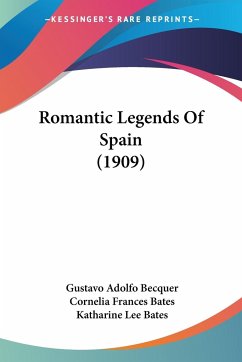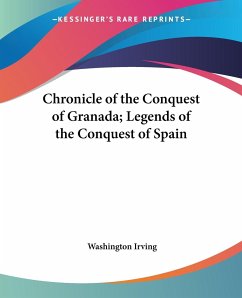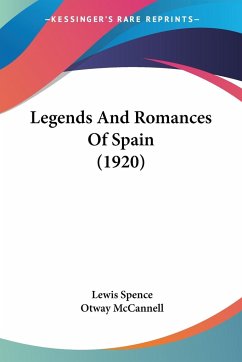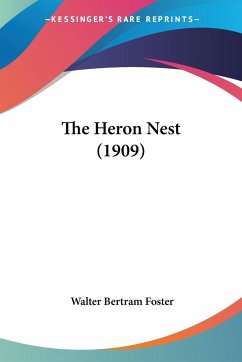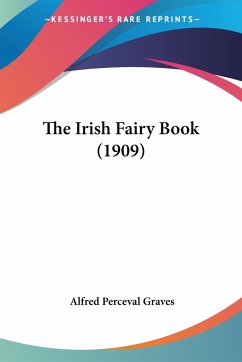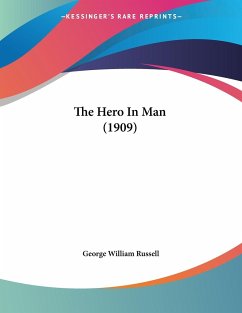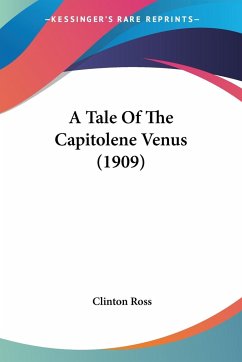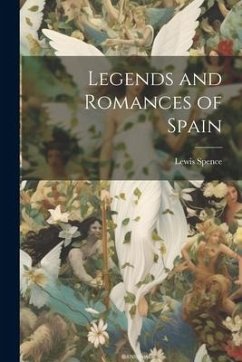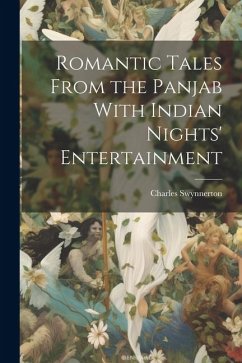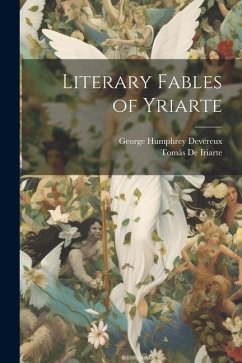Gustavo Adolfo Bécquer was one of Spain's most important poets of the 19th century, and the instigator of a new Spanish version of Romanticism, influenced by German models such as Heine. Born in Seville in 1836, the son of an artist of Flemish origin, he lived only 34 years but in that time created a hugely influential body of verse (his Rimas, or Rhymes) as well as several short fictions (the Leyendas, or Legends). His other works include a remarkable series of letters, or epistolary fictions, published as Desde mi celda (From My Cell).Orphaned at the age of five, Bécquer was raised by an elderly, and childless, uncle. A talented artist himself - as was also his brother, Valeriano - he became a pupil at a local studio in Seville, but gave this up in favour of a literary career, heading for Madrid at the age of eighteen, full of hope. He obtained a minor post in the civil-service, thanks to his uncle's influence, but was not cut out for such a routine job and was dismissed. For some time thereafter he was a typical Bohemian artist, living on very little while trying to write, and scratching a small income from the translation of foreign novels, and from part-time journalism. Towards the end of his life he obtained another government post, as a censor, but when he died, it was in considerable poverty, suffering from pneumonia and liver problems. His work was only published posthumously, thanks to the efforts of his friends.
